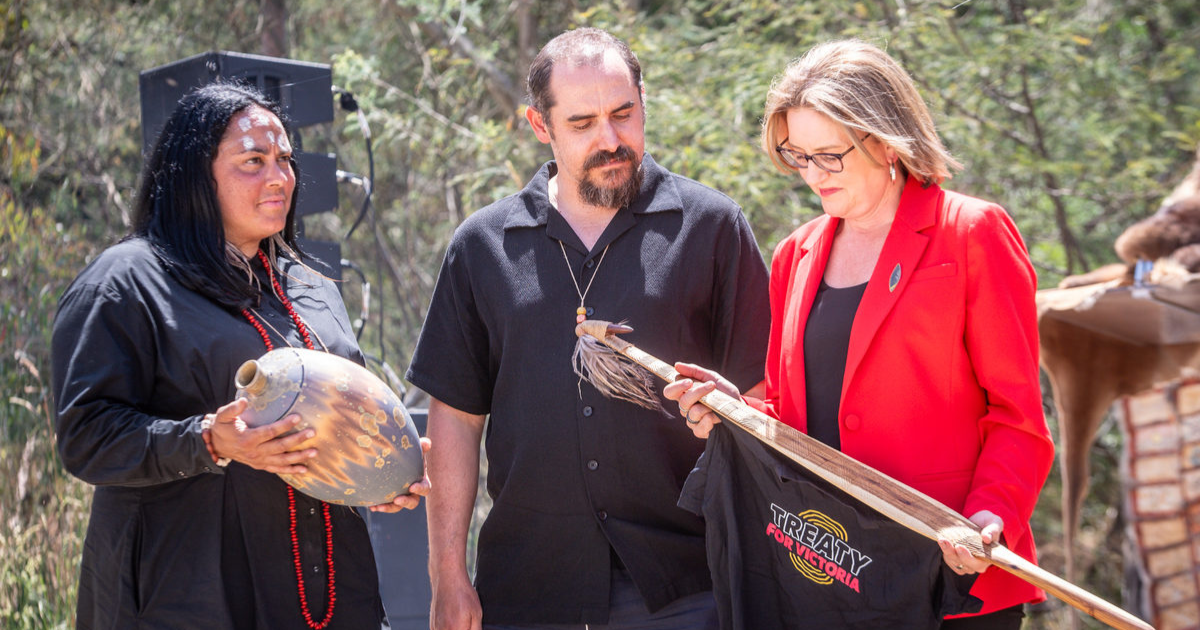Breaking the stigma: how to talk to your kids about mental health

Breaking down the stigmas around mental health plays a huge role in tackling the youth mental health crisis.
Parenting is no easy task: balancing work, driving kids to school, packing the right foods into the lunchbox are just some of the responsibilities parents wrestle with daily.
While it’s easy to dial in your family calendar and become quite the super-mum or dad in these areas, navigating mental health is a bit trickier. While mental health has become far more well known and discussed, it’s fair to say it’s still surrounded by stigma and misunderstanding, making it challenging for parents to discuss with their children. In recent years, awareness of mental health issues for young people has increased, but a plan or even a guide to approaching the topic with kids is still largely a mystery to parents.
Statistics reveal mental health challenges are not uncommon in children. In fact, one in five young people aged three to 17 in the United States have a diagnosed mental, emotional, or behavioural disorder. Additionally, according to the World Health Organisation, half of all mental health conditions begin by the age of 14. These figures highlight the importance of having conversations early on, early intervention can lead to better outcomes for young people. Here’s how you can effectively talk to your kids about mental health.
Creating an open and supportive environment can help lessen the pressure for kids and empower them to express their feelings and seek help from a trusted adult if needed. Sounds great, but what does that look like in practice? Let’s take a look at four key principles to keep in mind when it comes to helping young people open up and talking to them about mental health.
Be honest and normalise mental health struggles
Kids can pick up on stress, worry, or sadness around them, so being honest about emotions can help them make sense of their own experiences. Let them know it’s okay, even normal, to feel upset or anxious at times and these feelings are part of being human. A great way to find common ground is by sharing stories of when you felt stressed or down, making it easier for them to relate and open up. This helps break the notion that struggling with mental health is something to be ashamed of.
Listen without judgment
Now that you’ve created a space where they feel comfortable, they can express how they feel, it’s essential to listen with empathy and without judgment. This approach shows them their feelings are valid and helps build a foundation of trust. Instead of immediately offering advice or solutions, focus on understanding what they are experiencing. Sometimes, just knowing someone is there to listen can be a significant comfort. If you do feel professional help might be needed, gently introduce the idea, reinforcing that seeking help is a sign of strength, not weakness.
Teach coping strategies
Empowering children with tools to manage their emotions can be incredibly beneficial. Introduce techniques such as deep breathing, mindfulness, or journaling to help them handle stress and anxiety. Physical activity is also a great way to boost mood and mental health, get them involved with a local team or sport and find something they can be passionate about. Encourage your kids to find activities they enjoy, staying active can be a natural mood booster.
Model positive behaviour
Young people often learn by observing their parents’ behaviour. Model healthy ways of dealing with stress, and don’t shy away from talking about your feelings in a constructive way. If you are struggling, show that seeking help, whether by talking to a friend or a therapist, is a positive and responsible action. It is vital if you recognise your child may be struggling, you stay involved and provide the bedrock of support allowing them to push through and thrive in life.
Whilst this is certainly no cheat sheet, having some things to remember when engaging with your children about mental health and their emotional wellbeing can be a game-changer. We all want what’s best for our kids and young people, and a large part of tackling the youth mental health crisis is in breaking down the stigma surrounding mental health and making it a normal part of life’s conversations.
//SPONSORED CONTENT

















